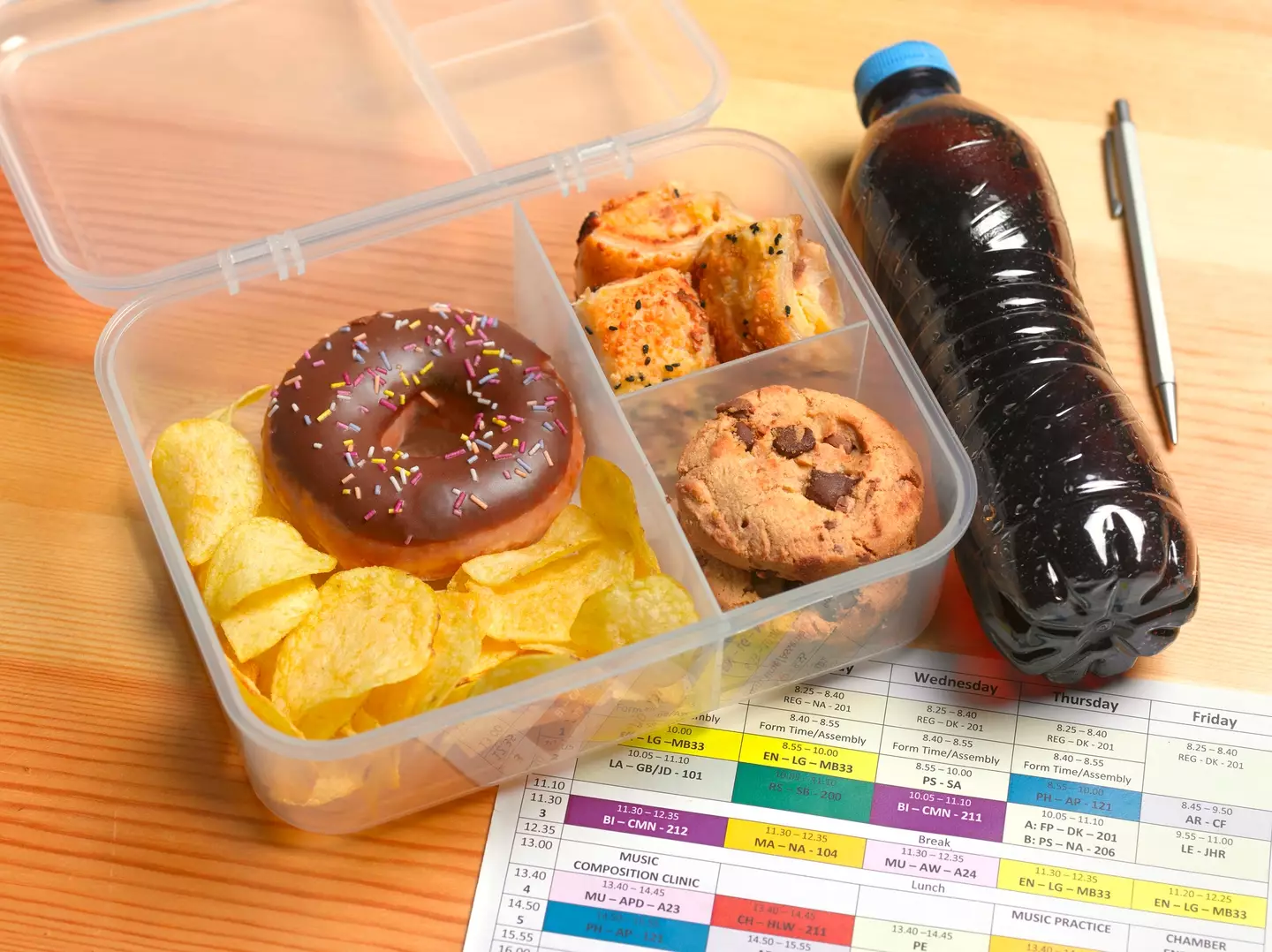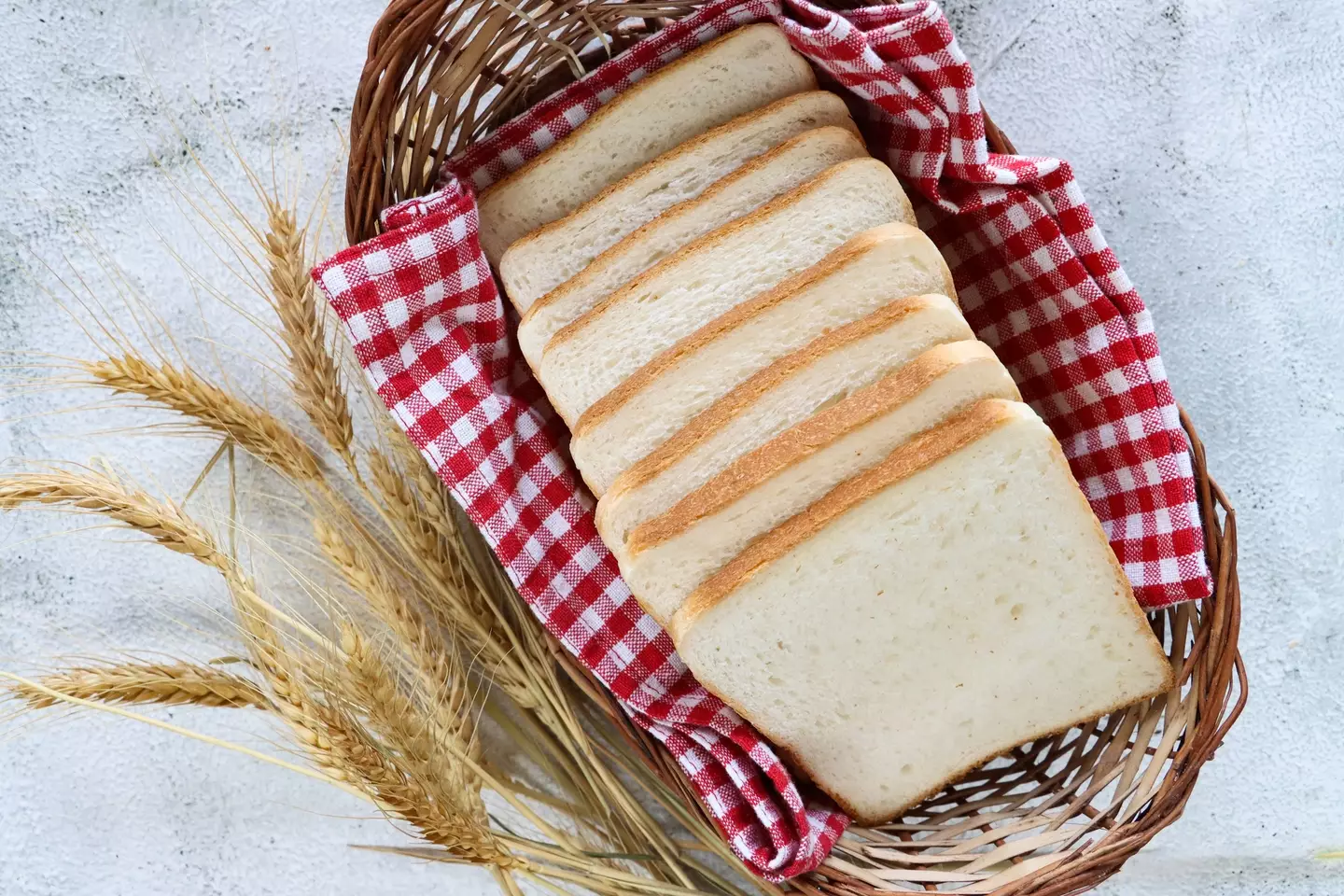
There’s a lot of chatter these days about how ultra-processed foods (UPFs) are damaging our bodies.
With potential risks ranging from increased risk of diabetes and obesity to claims that chemicals found in UPFs might be messing with our body chemistry and hormones, there’s no end of people suggesting we should cut them completely from our diets.
Keen to demonstrate the short-term effects these foods can have on us, a dietitian took on a challenge of almost exclusively eating UPFs over the course of a month.

Advert
Jessica Wilson, the dietitian in question, was interested to test out why this ‘entire category of foods’ is ‘something we’re supposed to avoid’ by swapping out 80% of her diet with UPF options for a full month.
She said in an Instagram post replying to Dr Christoffer van Tulleken, author of Ultra-Processed People, that much of the conversation around UPFs is 'clearly about race, class and access'.
Whilst promoting his book, Dr van Tulleken had said that, after his conducting his own dietary experiment around UPFs, his body reacted in the ways that people have come to expect.
“What happened to me is exactly what the research says would happen to everyone,” he said, noting that he felt unwell, gained weight, had hormonal imbalances, and even changes in his brain that showed up on before-and-after MRI scans.
For him, it highlighted the ‘terrible emergency’ posed by UPFs.
While there may be merit to the idea we should cut back on them, for Wilson it’s a complex issue that people aren’t empowered to resolve for themselves.
"We have the same examples of ultra processed foods that we hear time and time again. It's soda, it's sugary cereals, it's microwaveable meals, things that are easy and low cost to make," she said. "The criteria for what makes an ultra processed food is incomprehensible."
Keen to cut through the noise and potentially land on more usable advice than ‘avoid all UPFs’, she got started with her challenge.
According to TIME, Wilson swapped out eggs with soy chorizo for her ‘ultra-processed’ breakfast. Beans and avocado with hot sauce were swapped with things like ready-made tamales from Trader Joe’s, an American supermarket chain.
She would snack on cashew nut yoghurt with jam, and for dinner she opted for things like chicken sausages alongside some vegetables, Tater-Tots and Costco pupusas.
After a month of following this regimen, Wilson said she felt considerably different.
Posting to Instagram, she said she 'surprisingly felt better' once she’d been on the diet for 'two weeks', suggesting her body had adjusted to the dietary change by then.
"At the end of my meal I have no idea what my hunger hormones were doing but it was great not to be hungry in an hour and to go longer periods without having to forage for food," she said.
She remarked that she may not have been eating enough prior to her UPF challenge, resulting in her prior cravings.
Despite various studies suggesting that UPFs may contribute to anxiety and depression, Wilson told TIME that she both felt less anxious and more energetic. She even said she felt less inclined to drink coffee as her energy levels were so stable.
While her experience was surprisingly positive, Wilson stressed that there is still no clear definition of what constitutes a UPF, and that this lack of clarity makes it difficult for people to make secure or ‘healthy’ dietary choices.

The dietitian reminded us that the definition for 'ultra-processed food' is still very conflicting and there's no clear definition, so how can anyone say the whole category of food is 'bad'?
For Wilson, the social element is interesting too, namely in the relative cheapness and accessibility of UPFs over whole foods. She suggested we each question 'the reasons a high UPF diet could be beneficial for someone living in late stage capitalism and the options out there outside of the stereotypical McDonald’s and soda.'
Kendra Chow, a dietitian and policy and public affairs manager at World Cancer Research Fund International, said that it’s silly to be 'stigmatising a broad category of foods that also includes lower-cost, accessible options, especially without providing an alternative or improving access and affordability of healthy foods'.
Wilson concluded: "I think the public deserves to have something other than scary stories about UPFs. You?"
